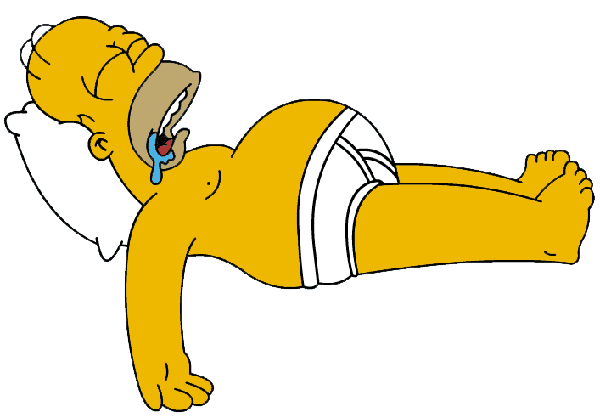A recent TED Talk has grabbed my attention. The topic is sleep. (I’ve written before about this vastly under-appreciated component of health here and here.) The presenter is Dr. Kirk Parsley. Dr. Parsley is a former Navy Seal. He’s been a member of the American Academy of Sleep Medicine since 2006 and served as Naval Special Warfare’s expert on sleep medicine. In other words, he’s familiar with lack of sleep and its effects.
Among other things, he discusses our cultural view of sleep which is one that I’ve observed as well. It seems that a lot of us recognize the necessity of good eating and vigorous exercise as part of getting in top-notch shape but sleep seems to be a footnote. It’s often dismissed without much thought. We look at sleep as an obstacle to productivity. It’s like a leisure activity done only by babies and the weak. The productive go-getters hardly sleep–they work!
I’ve had a lot of people say something along the line of, “Oh well, I can’t ever get to bed that early,” or “Yeah… I know… I just wind up staying up late.” Some people seem to think they don’t need sleep. “I feel fine with five hours of sleep,” or something like that. Here, from the National Institutes of Health, are a few of the negative health effects of lack of sleep:
In the past 10 or more years, research has overturned the dogma that sleep loss has no health effects, apart from daytime sleepiness. The studies discussed in this section suggest that sleep loss (less than 7 hours per night) may have wide-ranging effects on the cardiovascular, endocrine, immune, and nervous systems, including the following:
- Obesity in adults and children
- Diabetes and impaired glucose tolerance
- Cardiovascular disease and hypertension
- Anxiety symptoms
- Depressed mood
- Alcohol use
The evidence suggests strongly that if you’re not sleeping enough then you’re not performing as well as you’d like and your health is suffering. In my totally anecdotal experience, the days when I get to bed early and sleep in for a little while results in my feeling phenomenal. I’m going to try and do that more often. Here’s the TED talk:

